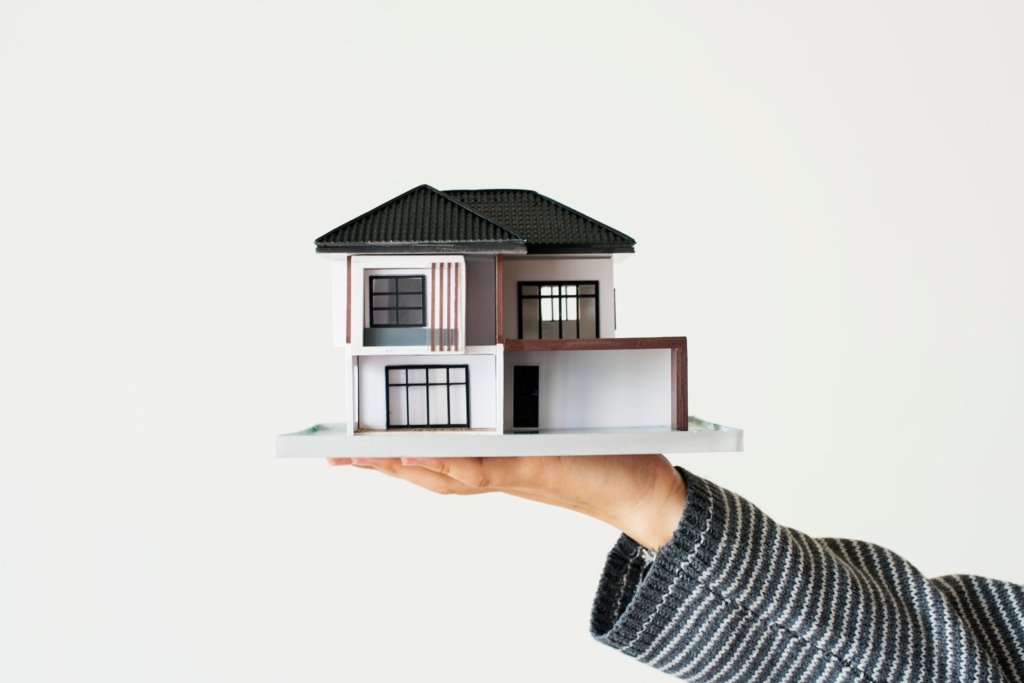
Buying a resale property can be a great investment, but it comes with risks. Unlike new homes, resale properties may have legal, financial, or structural concerns. To make a safe and informed purchase, here’s a detailed checklist of things to check before buying a resale property.
1. Verify Property Ownership and Title Before Buying a Resale Home
One of the most important aspects of buying a resale property is confirming the ownership and title status. Ensure that the seller has the legal right to sell the property. Ask for the following documents:
- Sale Deed – The primary document proving ownership.
- Encumbrance Certificate (EC) – Confirms that the property is free from legal or financial liabilities.
- Previous Title Chain – A record of ownership transfers to verify there are no discrepancies.
Without a clear title, you might face legal issues in the future, so consulting a legal expert is advisable.
2. Check for Outstanding Dues Before Purchasing a Pre-Owned Property
Before buying a pre-owned property, confirm that there are no pending dues, such as:
- Unpaid property taxes
- Outstanding utility bills (electricity, water, gas, etc.)
- Maintenance charges owed to the housing society
To ensure a smooth transfer of ownership, ask the seller to provide a No Dues Certificate from the relevant authorities.
3. Legal Approvals: Essential Documents to Check Before Buying a Second-Hand Property
To avoid future disputes, ensure that the resale home has all the required legal approvals, such as:
- Approved Building Plan – Ensures the construction follows legal guidelines.
- Completion Certificate (CC) & Occupancy Certificate (OC) – These confirm that the property is built as per the sanctioned plan and is safe for occupancy.
- Land Use Certificate – Confirms that the land is authorized for residential or commercial purposes.
Failure to verify these approvals can lead to legal complications or even property demolition in extreme cases.
4. Inspect the Physical Condition of the Resale Property Before Buying
Unlike new homes, resale properties might have wear and tear due to prolonged use. Thus, a thorough inspection is necessary to check for:
- Structural integrity – Look for cracks in walls or ceilings.
- Water leakage and seepage – Signs of dampness indicate plumbing or structural issues.
- Electrical and plumbing systems – Ensure wiring, switchboards, and water connections are functioning properly.
It’s advisable to hire a professional home inspector to assess the condition and estimate potential repair costs.
5. Compare Market Price Before Buying a Previously Owned Home
Understanding the market value of resale homes is crucial to ensure you are paying the right price. Here’s how you can evaluate the price:
- Check online property listings for similar homes in the same location.
- Consulting local real estate agents for pricing insights.
- Reviewing recent transaction history of nearby properties.
Additionally, consider factors like neighborhood development, infrastructure, and future resale value before making a decision.
6. Check Loan Eligibility for Financing a Resale Property
If you’re planning to take a home loan, ensure that the property meets the bank’s eligibility criteria. Banks usually avoid financing properties with unclear ownership, missing approvals, or very old construction. Before applying, check:
- If the property is pre-approved by major banks.
- Your eligibility based on credit score and income.
- Loan interest rates and repayment options.
To avoid loan rejection, check if the property is pre-approved by major banks and ensure your credit score meets lender requirements.
7.Review Housing Society Rules Before Buying a Resale Apartment
If the property is in a gated community or apartment complex, review the housing society rules. Some societies have restrictions on renting, renovations, or pet ownership. Additionally, check:
- Monthly maintenance charges
- Amenities provided (security, parking, clubhouse, etc.)
- Any upcoming repair or redevelopment plans
Understanding these factors will help you make a well-informed decision and avoid hidden costs.
Final Thoughts: A Smart Approach to Buying a Resale Property
Buying a resale home can be a rewarding investment if you do proper due diligence. By checking ownership documents, legal approvals, property condition, and financial aspects, you can make a safe purchase. Always consult real estate and legal experts to ensure a smooth and hassle-free property buying experience.
This is all about the things to check before buying the resale property.

Join The Discussion